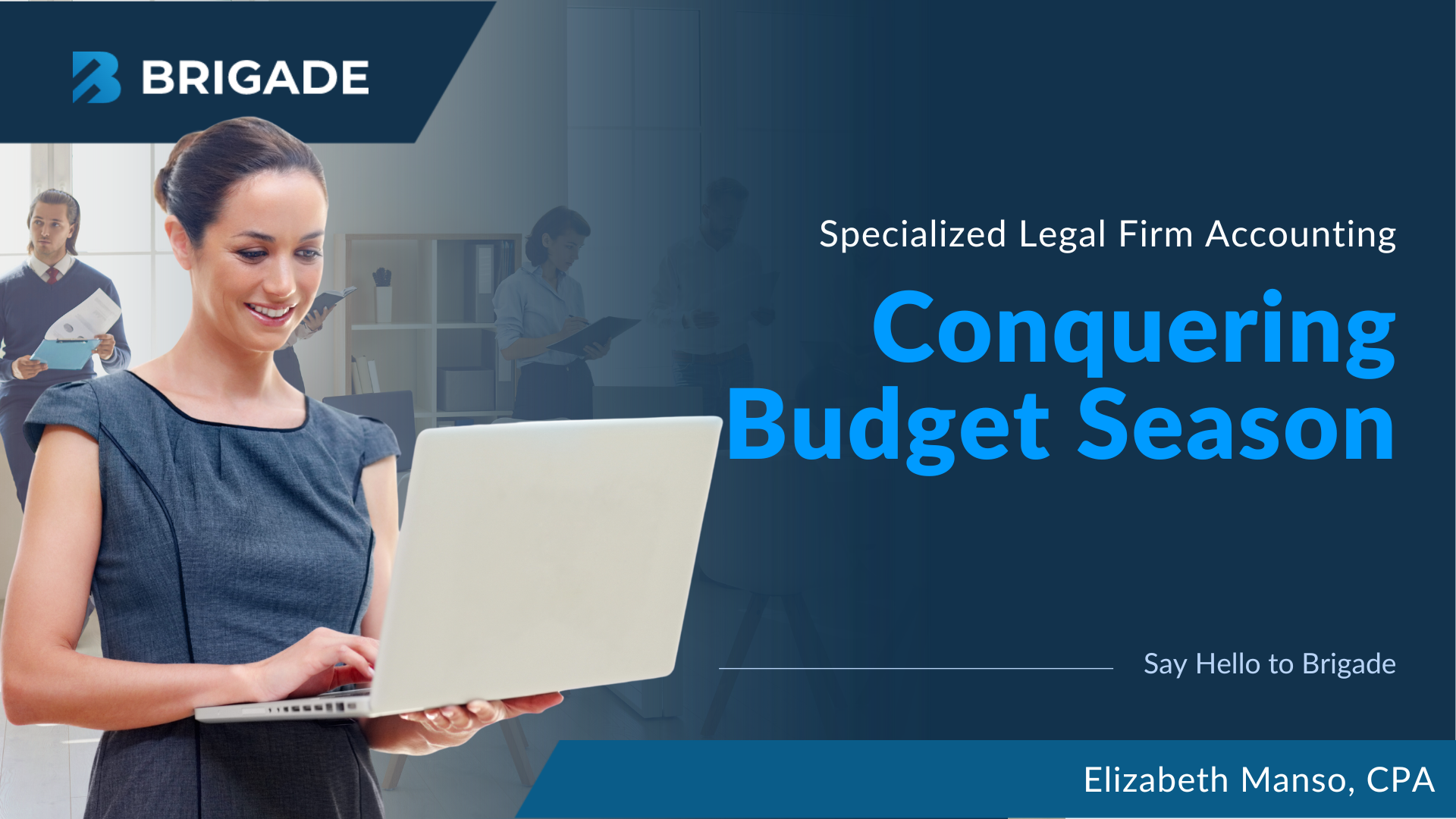
Do you dream of the day you can jet off on vacation without having to check in at the office? Do you worry you might run out of money after you stop working? I have a client, who owns a small business, who is decades away from retirement. She wants to retire someday, but has both this dream and worry. She admitted to me that although her business is thriving, she hadn’t put any money aside for retirement and doesn’t offer this option to her employees. She wants to change that.
Saving up for the future is a must. Just because you own a small business, doesn’t mean you and your employees can’t save for retirement. You don’t have to be a huge corporation to put money away for the future. There are strategies for small business owners to help save for retirement.
First things first, as a business owner you will need to ask yourself a few questions, such as:
- Do you want to contribute to a plan every year?
- Do you want your employees to be able to contribute to the plan?
- Do you want the plan to be deductible as a business expense?
- Do you want your employees to share in the profits?
Depending on what you answered, here are some options:
- 401(k) PLAN – A 401(k) plan allows employees to contribute wages to individual accounts. That money is taken out of an employee’s wages before taxes. Employers can match contributions and can claim those contributions if an employee leaves the company before a set date. The IRS allows 401(k) participants to contribute $18,000 a year pre-tax. If you have less than 100 employees, you may want to look into a Simple 401(k) plan. If you don’t have employees, you may want to opt for a Solo 401(k) plan, a larger amount on a pre-tax basis, in some cases up to three times as much as other plans.
- TRADITIONAL IRA – A Traditional IRA or Individual Retirement Account lets you save for retirement by making annual tax-deductible contributions depending on your income. Earnings on principal and interest accumulate and are tax deferred, however withdrawals are subject to taxes and penalties. Traditional IRAs only allow participants to contribute until the age 70.5, but not afterwards. This is a good plan for anyone who wants to defer taxes until after he or she retires.
- ROTH IRA – A Roth and Traditional IRA are basically the same in that they allow you to set aside retirement money tax-free. The appeal of the Roth IRA is that unlike a traditional IRA, withdrawals are free of taxes and penalties and there is no age limit on contributions. They can be made past age 70.5.
- EMPLOYER-SPONSORED IRAs – If you’re a small business owner who wants to offer retirement benefits to your current employees or to potential new hires, you can either try the Simplified Employee Pension IRA () or the Savings Incentive Match Plan IRA. The SEP IRA is funded entirely by the employer. Employees do not contribute. Employers don’t have to make a contribution every year, but whatever percentage he or she contributes to their own plan, they must do the same for their employees.
There are a lot of strategies for saving for retirement. My client decided to go with an employer-sponsored IRA, which was easy to setup and maintain. No matter what you choose, know that saving now for the future, will get you closer to living the dream, rather than worrying about a potential nightmare.
Here’s to saving your dollars for a rainy day!

